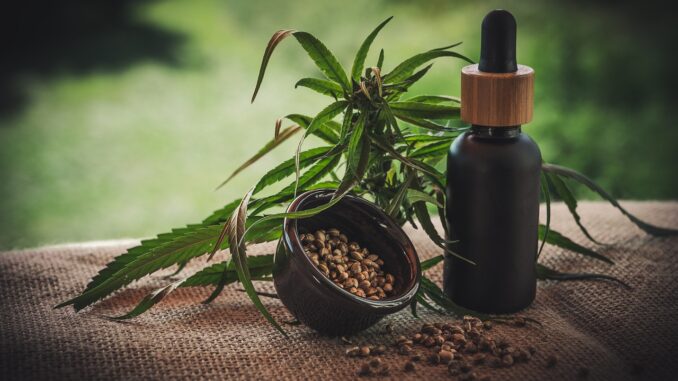
Introduction: For centuries, marijuana has been known for its dual effects – therapeutic and recreational. This plant contains numerous compounds, with delta-9-tetrahydrocannabinol (THC) and cannabidiol (CBD) being the most renowned. While THC induces the psychoactive “high,” CBD, on the other hand, lacks such effects and offers several therapeutic benefits, including anxiety and pain reduction.
The Endocannabinoid System (ECS):
The ECS is a crucial network of receptors and molecules regulating essential bodily functions like mood, pain, and appetite. It consists of CB1 receptors mainly found in the brain and CB2 receptors primarily present in the immune system. Endocannabinoids, like anandamide (AEA) and 2-arachidonoylglycerol (2-AG), interact with these receptors, leading to various effects based on the receptor type and location. ECS has been linked to many diseases and conditions, including chronic pain, anxiety, and depression, and holds promise for developing new treatments.
CBD: A Versatile Compound:
Cannabidiol (CBD) is a prominent compound in cannabis, renowned for its human tolerance and safety. Unlike THC, CBD does not cause a high. However, its absorption when taken orally is limited due to its lipophilic nature. The highest bioavailability of CBD is achieved through inhalation. CBD interacts with various receptors in the body, including those in the endocannabinoid, serotonin, TRPV1, and TRPV2 systems. It possesses anti-inflammatory and antioxidant properties, and research is ongoing to explore its effects further.
Understanding CBD’s Therapeutic Benefits:
CBD has demonstrated potential therapeutic benefits, showing efficacy in epilepsy, psychosis, and anxiety treatment. Studies hint at its positive impact on other conditions like depression, nausea, and Alzheimer’s disease. Nonetheless, more research in humans is necessary to fully validate these effects. Although CBD is generally well-tolerated, it may cause side effects, such as drowsiness, diarrhea, and fatigue. Consulting a doctor, especially for individuals on other medications, is crucial before using CBD.
Conclusion:
CBD holds great promise as a multifaceted therapeutic compound, with ongoing research indicating potential benefits for various health conditions. Understanding its effects and safety profile requires further investigation. As we uncover more about CBD’s mechanisms and applications, it may prove to be a valuable addition to medical treatments for numerous conditions.

